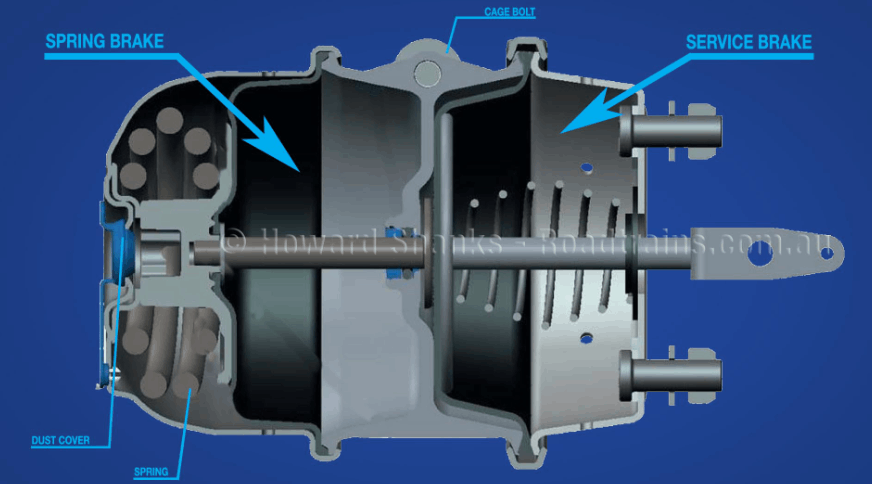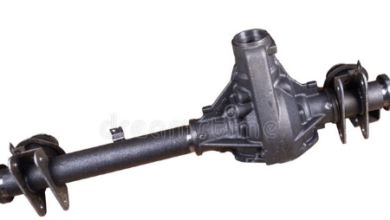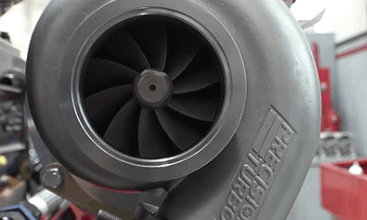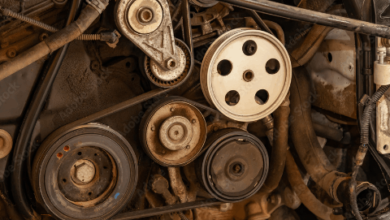Spring Brakes – What Are They? How Do They Work?
When it comes to trucks and trailers, the brake mechanisms differ if we compare them with passenger cars. We’ve written lots of kinds of articles and posts about the brake systems of vehicles on this website, and most of them are about hydraulic brake systems. But spring brake systems are generally specific to trucks and trailers. In this article, we will explain spring brakes in the most basic terms without delving into lots of details.
What is a spring brake?
You know that the trucks and trailers’ brake system works with air pressure instead of fluid or hydraulic systems. You can hear the air braking sounds that come from the brake systems of trucks and trailers while they are driving on highways. So, the spring brake system is an additional safety brake system on trucks and trailers if there is any failure in the air braking systems.
So, if there is an air leakage or a problem with the brake system of trucks and trailers, the spring brake system activates to control and stop the vehicle. But sometimes drivers use the spring brakes as a parking brake. However, the spring brake system should not be mixed with the parking brakes as they have a very different working mechanism.
How does the spring brake work?
As you can see on the spring brake chamber diagram above, the working principle is very simple. There is a chamber or a diaphragm that fills with air. The pressure of this air is generally 60 PSI or 414 kilopascals in the metric system. So, there must be very high-pressure air inside the chamber if the air braking system of trucks and trailers is working properly.

If there’s a problem with the air brake system while the vehicle is moving, the pressure of the brake system drops and the brake system of the trailer will not work properly. Also, the air pressure inside the chamber of the spring brake system will drop. The pressure of the air holds the spring system in a specific place where the spring brake system is not applied. When the air pressure drops, the spring is released. Once the spring is released, it pushes the push rod that activates the spring brake system, which is an emergency braking system if there is a problem with the brakes.
To deactivate the spring brake system, you need to bring your truck or trailer to a technician or service to disable the spring brake chamber. Additionally, there is a spring brake control valve on your control unit right near your steering wheel in your truck or your trailer.
Do all trucks have Spring Brakes?
The spring brake mechanism is actually a new system that new applications or new trucks have in general. So, we cannot say that old trucks and trailers have spring brakes. However, most modern trucks or vehicles have spring brake emergency braking systems.
Conclusion on Spring Brakes
We’ve tried to explain how the spring brake mechanisms on trucks, trailers, and modern vehicles work, and why different kinds of vehicles like trucks and trailers have spring brakes. We’ve tried not to get into details to avoid confusing your understanding of these systems.
If you have comments and questions about spring brake mechanisms, feel free to leave them below without any hesitation.
Check the other related articles about brake systems of vehicles and cars available on this website.
What Color is the Brake Fluid? Why to Check It?
Brakes Squeak When Stopping Slow – Common Reasons



